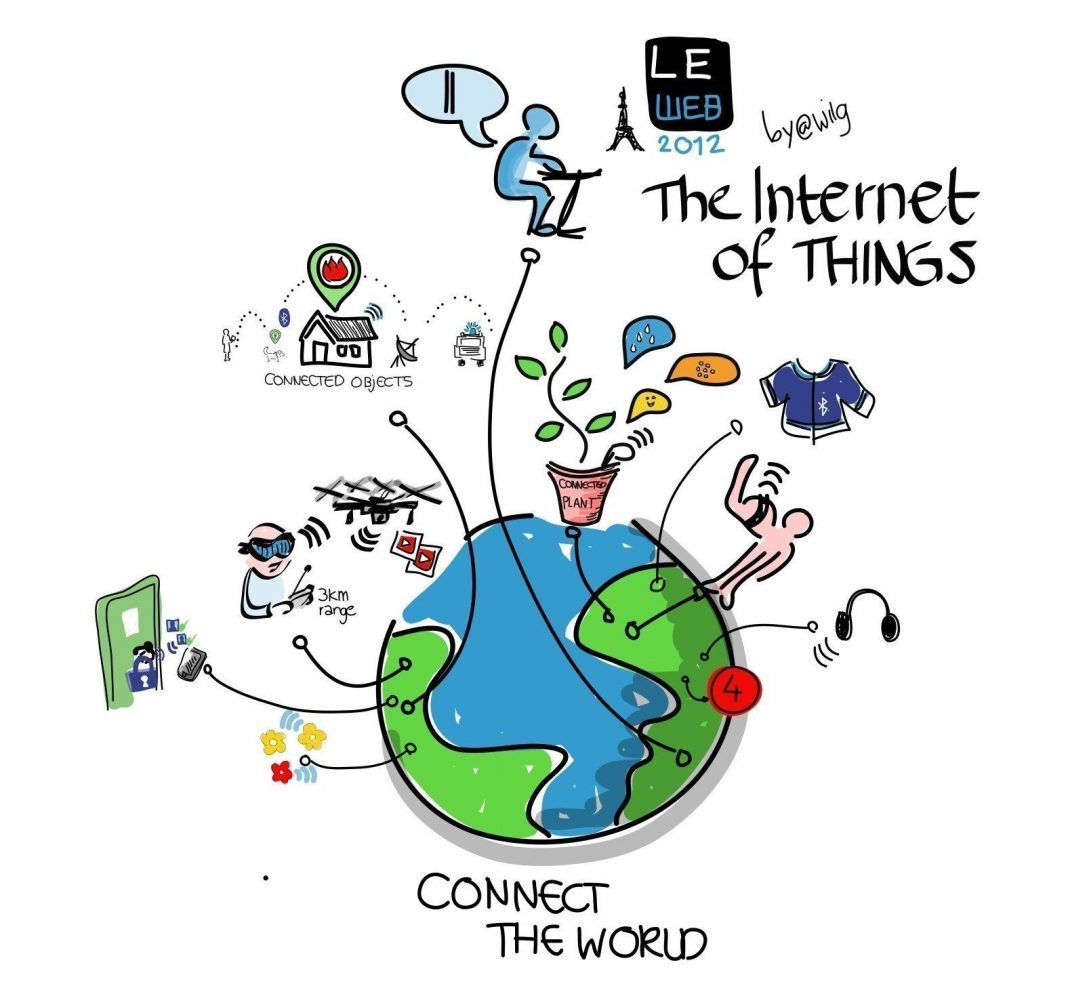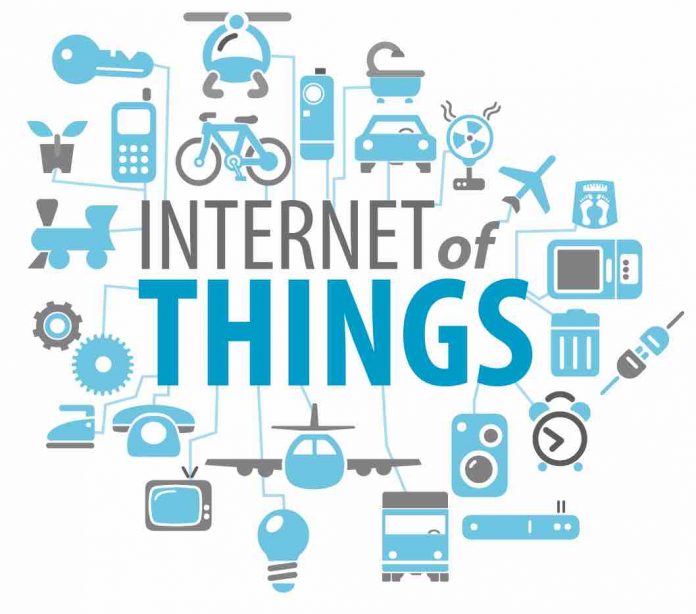
Think of it as all your devices on a social media platform. Right now, billions of devices are connected to the internet. As related devices connect with each other, and share data over the cloud and analyze it, they can transform our lives in so many ways. Systems become smarter and more efficient. In fact, intelligent decisions are taken by machines without any human intervention!
As the physical and digital worlds intertwine with IoT, life undergoes a drastic change. A simple example is the bracelet that tracks your sleeping pattern automatically turning on the lights as you wake up, and telling the coffee machine to start making coffee. Now imagine if all your devices communicated with each other. Keeping track of your preferences, your devices could make smart choices for you.
Remember all those times you had to run back home to make sure the gas stove wasn’t on? Or the restless day you had at work because you thought the iron box wasn’t switched off? Have you ever come back home to find out that you left all your lights on, or the fridge door was open the whole day? IoT is the solution to all of this, making your life smart and connected. No more making lists or jotting down reminders for what to do. Your devices take care of that for you.
Kevin Ashton, co-founder and executive director of the Auto-ID Center at MIT, was the first to mention the Internet of Things. Here’s how Ashton explains the potential of IoT:
“Today computers — and, therefore, the Internet — are almost wholly dependent on human beings for information. The problem is, people have limited time, attention and accuracy — all of which means they are not very good at capturing data about things in the real world. If we had computers that knew everything there was to know about things — using data they gathered without any help from us — we would be able to track and count everything and greatly reduce waste, loss and cost. We would know when things needed replacing, repairing or recalling and whether they were fresh or past their best.”
The internet of things has come a long way since Mr. Ashton’s predictions. In 2000, LG introduced an internet refrigerator that senses items stored inside it using a barcode and RFID scanner. While the product didn’t take off as expected, being deemed unnecessary and also due to its high cost, the technology behind it was indeed revolutionary. Later in 2008, the IPSO Alliance was formed to promote IP connections across networks of smart objects. Then in 2010, Google introduced a self-driving vehicle project which was a milestone in the development of a connected and autonomous car. This same year, Bluetooth got smarter, with applications in healthcare, security and entertainment systems.
A major breakthrough occurred in 2011, with the introduction of smart thermostats and smoke detectors by Nest Labs. These devices were sensor-driven, WiFi-enabled, self-learning and programmable. With the launch of IPv6 in the same year, every single device on the internet could be assigned an IP address. Since then, IoT has really taken off with Google Glass, and Apple’s HealthKit and HomeKit developments. With the growth of IoT in mind, Google unveiled Project Brillo and Weave, the OS and communications layer for devices, during their developer conference that took place last month. Looks like we’re not too far from connecting and controlling our lives with machines!
However, there does seem to be a lot of criticism surrounding IoT. While most technologists see this as a step towards a smarter and simplified world, many people have raised concerns about privacy, automation and control. The word ‘privacy’ will take on a new meaning in a world built on shared information.
As Brendan O’Brien, Co-Founder of Aria Systems said, “If you think that the internet has changed your life, think again. The IoT is about to change it all over again!”
Contributed by Manju Gopinath
https://mjathilat.wordpress.com


